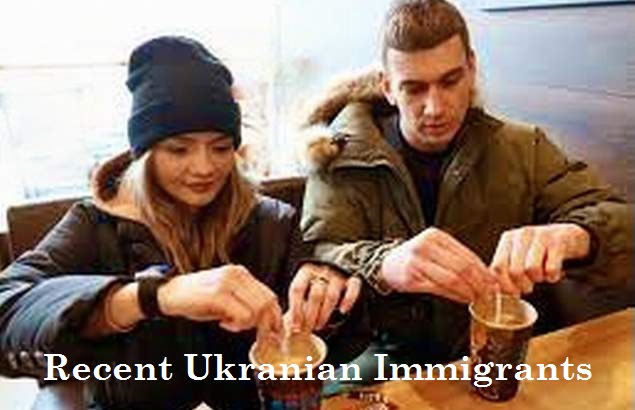Front Page
UKRAINE – A COUNTRY WITH AN AMERICAN HEART
Even as a very small-town newspaper, the Geneva Shore Report cannot insulate itself from nor ignore the war going on in Ukraine. What’s the good news coming out of Ukraine coming out of that country experiencing this dire situation?
A GSR reporter interviewed a couple from Ukraine, now living in Chicago, on Saturday. They are in their early thirties. The woman spoke about how all Ukrainians understand the danger of Russia and have wanted to be part of NATO for many years because of it. She moved to the U.S. with her husband out of fear six years ago. The woman’s husband still has many male friends over there that he’s still communicating with. He said that his friends have encountered many of the Russians on the outskirts of Kyiv. The Russian soldiers were like children, according to his friends. They were out of gasoline and food. They all thought they’d come to Ukraine to train, not to fight in a war. The Ukrainians gave the soldiers some food. Not exactly the kind of story coming out of the mainstream media, nor portrayed by so many private videos.
The GSR editorial staff believes the guy interviewed, however. Strange stories come out of war-torn situations. Almost unbelievable stories. More of those stories will make it to our shores, although many of them will only make it after many years have gone by, and if we’re here to receive, read or hear them.
The publisher of the GSR once worked, years ago, at the Nixon compound located at the Cotton Estate in San Clemente, California. Here’s a report from back then that might help explain the cultural difference between Russians and Americans and may add some understanding to your take on what’s going on or likely to happen now.
“These people of the Russian Steppes, the Balkans, and the Tundra are not like us. They look like us, they can play and do other things that make them appear just like us, but their emotional makeup is not like our own in the U.S. at all. When I was back in San Clemente, working security for President Nixon in 1973, the Russian Premier of the time came to visit the Western White House compound. The premier was not allowed to go to Disneyland where everyone on the Russian contingent wanted to go. I was given the task of taking the KGB detail to that playland. I did. They were gruff and mostly not speaking to me anywhere along the trip back and forth, or at Disneyland (which had been closed to receive them). We got back to the compound in San Clemente later in the day. I could tell they all loved Disneyland, but they said little.
I was invited by the head of the detail to attend breakfast at a local restaurant the next morning. I’d found out that the Russians wanted things that they were not allowed to purchase in the U.S. I stocked up that afternoon upon my return. I bought a stack of Levi jeans in all sizes, stole about a hundred ballpoint pens from the estate, and then got hold of about thirty Kennedy half dollars at a local bank (they were not collector’s items back then). Those were the things they wanted. I showed up for breakfast but had no intention of eating or staying. I carried the stuff in a big box and set it down among the silent crew. I smiled, bowed, and thanked them for coming to visit the U.S. in my worst broken Russian. They said nothing. Not an expression changed. I backed out and went to get in my Volkswagen parked behind the restaurant. I had to drive back around and past the entrance to exit the parking lot. As I came around the corner, I braked hard to stop. The whole security detail was standing in front of the restaurant. I looked at them and they looked back at me, and then they began to cheer, jumping up and down and twirling. I sat in shock at the spectacle. Finally, they stopped and stood still. I saw that almost all of them had tears coming down their cheeks. I put the Volks in gear and drove slowly by. The head of the detail slowly saluted, using a U.S.-style stiff salute. I went home to tell my wife about the strange event. Her words have remained with me through all these years: “they’re not like us, honey.” The Russian situation right now is emotional and fragile. If you aren’t worried at all about what’s going on over then you might give yourself more time for thought and consideration.”







